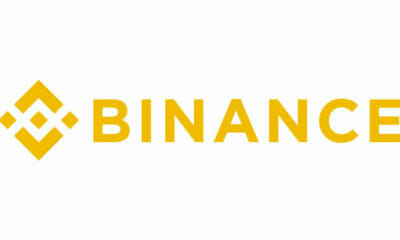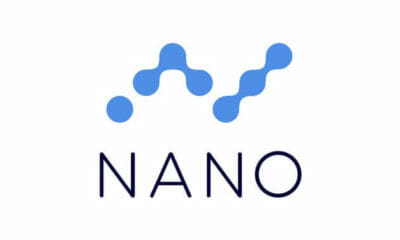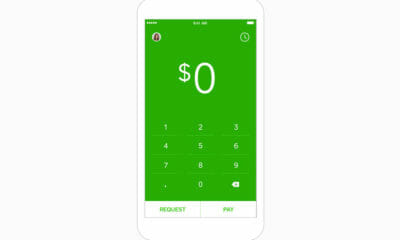Count the African nation of Zimbabwe among the latest countries to ban bitcoin-based transactions and other transactions denominated in digital currencies.
The country’s central bank says bitcoin transactions are risky and could destabilize the country’s already fragile financial system.
“Financial regulators around the world have identified the dangers and risks presented by virtual currencies to financial stability which include risk of loss due to price volatility, theft or fraud, money laundering and other criminal activities. Further, cryptocurrencies can be used to facilitate tax evasion as well as externalization of funds in violation of a country’s laws,” according to a statement issued by the central bank.
Why It’s Important
While Zimbabwe does not often come to mind as a major cryptocurrency market on par with the U.S., China or Japan, the African country is indeed an important market for alt-coins. Due to some of the world’s highest inflation and a local currency that has essentially been devalued, many Zimbabweans have turned to bitcoin and other cryptos in lieu of the local currency.
That has made Zimbabwe one of Africa’s most vibrant digital currency markets.
The central bank’s announcement “has thrown the country’s leading crypto currency exchange platform, Golix, into disarray. It has halted its planned token sale to raise $32 million under an initial coin offering (ICO) aimed at generating funds to expand across Africa,” reports Quartz.
Zimbabwe monetary authorities have also proven impotent at stemming inflation and keeping the local currency from plunging. The country’s benchmark interest rate is 9.39%, among the highest in the world, but even that has not prevented locals from adopting digital currencies in significant fashion.
“For the avoidance of doubt, banking services include maintaining accounts, registering, trading, clearing, collateral arrangements, remittances, payment and settlement accounts, giving loans against virtual tokens, accepting them as collateral, opening accounts of exchanges dealing with them and transfer / receipt of money in accounts relating to purchase/ sale of virtual currencies,” said the Reserve Bank of Zimbabwe (RBZ).

















